When someone has a substance use disorder and also suffers from anxiety, depression, PTSD, or other mental health disorder, they are typically diagnosed with a co-occurring disorder. This diagnosis signals to treatment providers that the addiction and the mental health disorder must be treated simultaneously. Sobriety does not last long if the person had been using drugs or alcohol to mask or medicate mental health issues. Effective treatment addresses the whole person.
Which Came First: substance use disorder or mental illness?
Because of the nature of addiction and mental illness, it can be difficult to determine which caused the other. Both can be true. Substances like alcohol and addictive drugs change brain chemistry and in the process can create or make more obvious mental health issues.
For example, alcohol is a depressant. It reduces stimulation and arousal and slows down the central nervous system. For this reason, some people find it relaxing. However, alcohol’s depressant qualities can damage the brain when alcohol is overused, and this can lead to more serious issues with depression. In addition, the effects of alcohol addiction–relationship and financial difficulties, job loss, health problems, etc.–can also create depression.
On the other hand, someone who struggles with depression as an ongoing mental health issue may turn to alcohol as a way to escape dark feelings.
Let’s look at another example: someone who is prone to anxiety may find that their anxiety ramps up when they use–and potentially become addicted to–cocaine. Cocaine is a stimulant, so it excites the nervous system, which can lead to increased energy and euphoria but also trigger anxiety and panic attacks. Someone who becomes addicted to cocaine and suffers intense anxiety would probably be diagnosed with a co-occurring disorder.
We should clarify that alcohol can also cause anxiety and that cocaine use has also been linked to depression. In the end, any addictive substance can trigger or exacerbate almost any mental health issue. Once a diagnosis has been determined, what comes next?
How are Co-Occurring Disorders Treated?
Treatment for co-occurring disorders must take into account both disorders at the same time. Typically, this begins with detox. After all, not much progress can occur when a person is still physically dependent upon a substance.
Medically supervised detox takes up to a week, and while withdrawal can be intense, doctors and other healthcare providers can monitor the person’s symptoms and administer medications to keep the process safe and as comfortable as possible.
After detox, treatment begins. Treatment includes individual and group therapy, and may also include medication such as antidepressants to help alleviate ongoing mental health issues. In cases in which the mental health issue is tied directly to the substance use, the person may experience a significant reduction in symptoms with sobriety and not require ongoing professional mental health treatment. However, most people benefit from intensive therapy as well as life skills training, relapse prevention training, and family therapy.
To help a person maintain long-term sobriety, ongoing monitoring of mental health is essential. For a mental health diagnosis, like anxiety disorder, PTSD, bipolar disorder, or clinical depression, medication and therapy should continue long-term. For the day-to-day mental health issues we all experience, like stress, anger, sadness, and worry, an ongoing commitment to self-care is crucial. Even these “small” issues can quickly build up and become overwhelming without intervention.
Eagle View Behavioral Health Can Help
If you or a loved one is struggling with substance misuse or addiction that may be exacerbated by a mental health issue, reach out to our admissions team at Eagle View in Bettendorf, Iowa. We work with adolescents and adults who struggle with mental health disorders as well as co-occurring disorders. We provide whole-person care, including art and occupational therapy in addition to traditional individual and group therapy.






